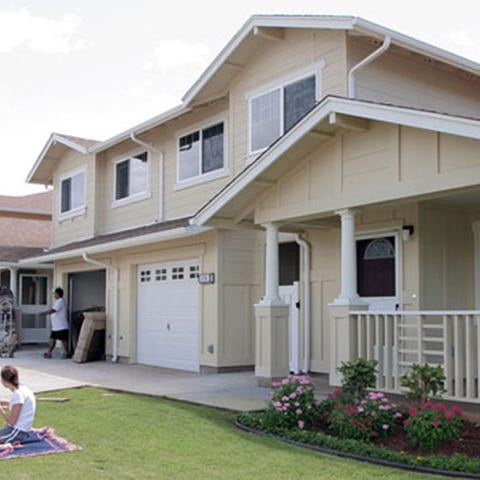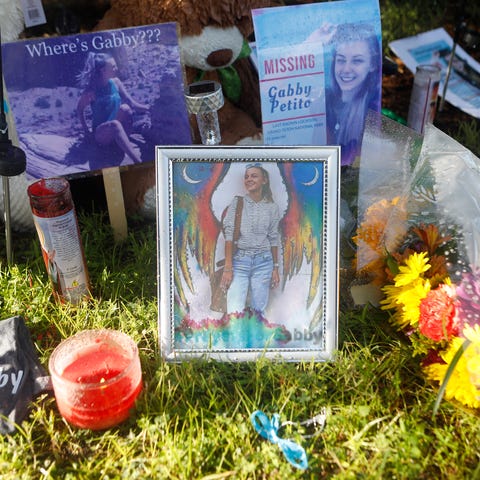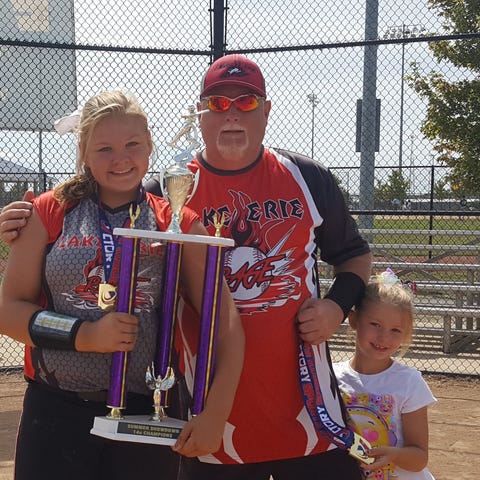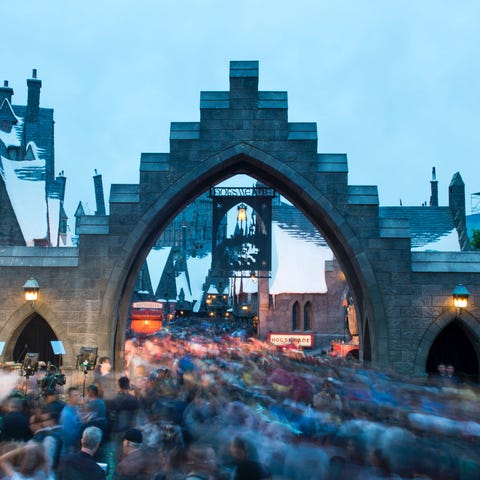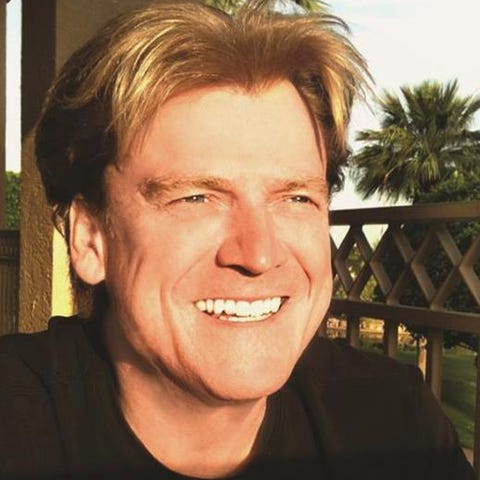 |
| |
| |
| "The stakes were so high that you would be expelled, that your parent's home could be burned down to the ground. |
| "And there was the Ku Klux Klan. Your father could be fired from his job. I remember my mother telling us that the FBI had gone to my father's job and told him to get his girls out of the civil rights movement. And he told them that, 'I don't receive messages about my daughters and I don't take messages to them. If you have anything to say to them, you got to tell them.' |
| "It was very dangerous to have anyone's name associated with the movement." – Joyce Ladner, 77 |
| Good morning, friends of The Short List! It's John, here again with some of the best work from the USA TODAY Network. The quotation above comes from USA TODAY's "Seven Days of 1961," a series on Americans who stood up to racism and changed history. |
| Throughout 1961, activists risked their lives to fight for voting rights and the integration of schools, businesses, public transit and libraries. Decades later, their work continues to shape debates over voting access, police brutality and equal rights for all. |
| Reporters across the USA TODAY Network retraced crucial moments from 1961 that set in motion a new era of civil rights, interviewing dozens of civil rights veterans, historians and other witnesses. The stories of these Americans show there is no single moment that topples tyranny: The fight for freedom must be fought each day. These stories will be published from September through December. |
| ►'Time to force change': Many veterans still bear mental and physical scars from their time on the front lines. All said they would do it again. |
| ►Her classmates wanted her dead: How the first Black woman at the University of Georgia helped integrate higher education. |
| ►'You could be killed any minute': Civil rights veterans share the danger and horror of standing up to white supremacy. |
| ►Jail-no-bail: Mack Workman and his friends tried to eat at a whites-only lunch counter in 1961. They were sentenced to a chain gang. |
| ►Animated video: How the civil rights movement exposed the harsh realities of racism in the U.S. |
| ►'This is America' newsletter: Mabinty Quarshie looks at how activists in 1961 put their lives in danger in ways that jolted the nation's conscience. |
| ►A conversation on civil rights: Join USA TODAY to discuss community leaders' roles in helping fight systemic racism at our free event on Sept. 29. |
| There are more long reads below. Have a great weekend! |
| |
| |
| |
| |
| |
| |
| |
| |
| |
| |
| |
| |
| |
| |
| |
| |
| |
| |
| |
| |
| |
| |
| |
| |



